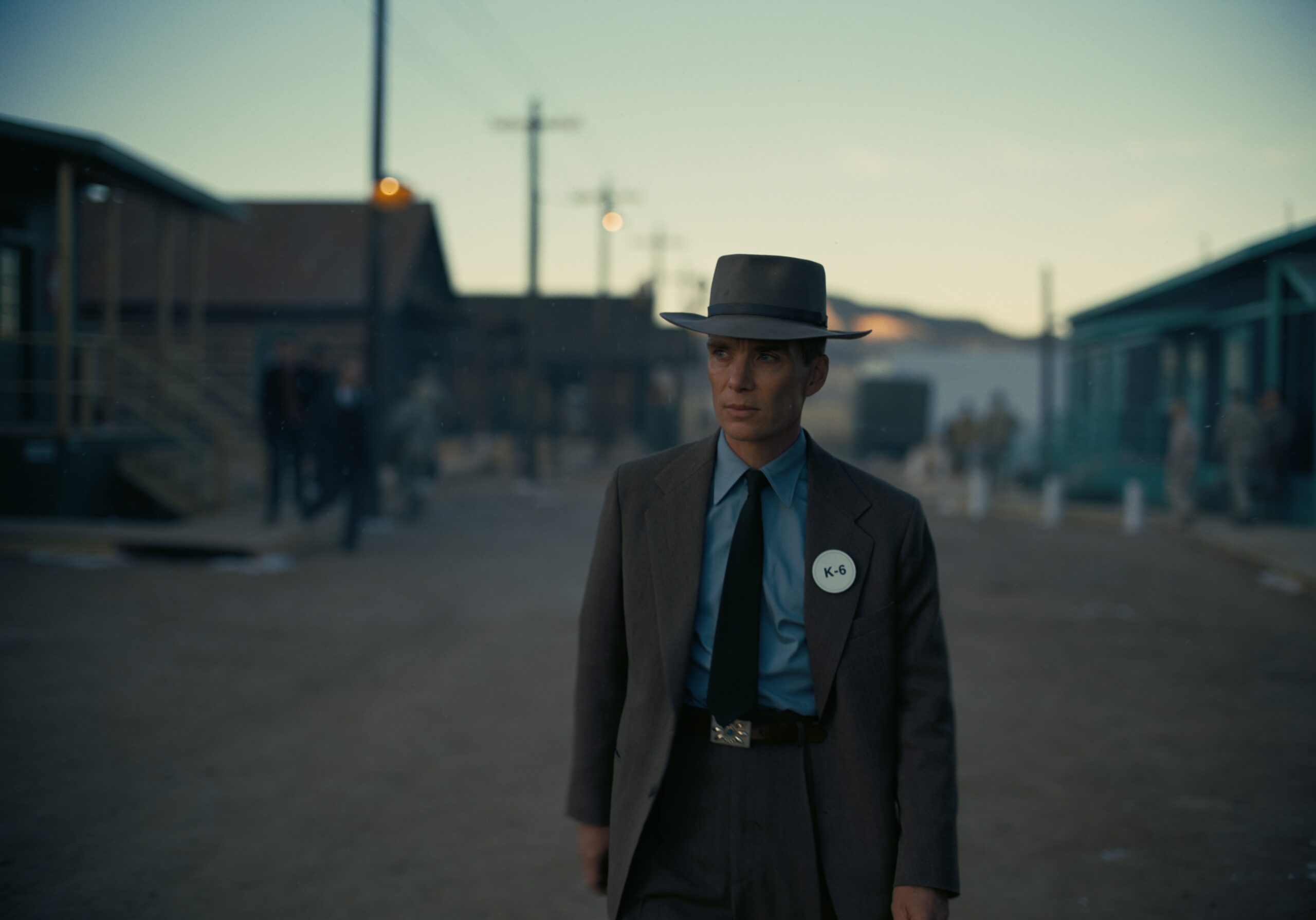One of summer 2023’s most anticipated films, Oppenheimer, directed by Christopher Nolan, begins with fire on the screen and a quote on Prometheus, expressing that he stole fire from the Gods and gave it to humans, and for this, he was chained to a rock for eternity and tortured.
This beginning to the thrilling historical drama is no mistake, and it gives the audience an immediate connection between J. Robert Oppenheimer (Cillian Murphy) and Greek mythology’s Prometheus, as well as an understanding of the power at play in this history between wars.
Oppenheimer is a film based on the story of the father of the atomic bomb, America’s own Prometheus, J. Robert Oppenheimer. It spans through 45 years of history with its focus being from Oppenheimer’s college days during World War II up to just after the bomb was used on Japan, the beginning of the Cold War and Oppenheimer’s incident with Lewis Strauss (Robert Downey Jr.).
The film opens up with a multitude of differing scenes from the start of the Strauss incident in Oppenheimer’s hearing where he tells his own story, to the complimentary scenes of Oppenheimer’s college days. This marks the start of the process of the bomb, presenting his own brilliant mind of a restless young man whose heart lay within the world of theoretical physics, quantum mechanics and nuclear physics.
To give the audience an immediate understanding of who Oppenheimer is and how he came to be, the film constantly switches scenes and emphasizes that the story told is occurring through the prism of one man’s messy mind, which is crucial to the essence of the film. It is centred around the exploration of Oppenheimer’s psychology, giving the audience the opportunity to look through the lens of this scientist and realize what the priorities of the American government and Oppenheimer were during a part of history where atrocities were common and there was a glorification of White power. The lack of perspective that could be criticized could also be taken as a strength in the film because it emphasizes that this is a story of men doing the unthinkable due to their detachment of the people they are hurting.
A gorgeously overwhelming experience, it’s difficult to recount the entire three-hour film in words because of how masterfully the visual and auditory components of this film were used to tell the story as much as the script and plot itself. Right from the start, this film sets its tone with eye-capturing cinematography and a soundtrack that keeps you at the edge of your seat and positively anxious. It made viewers feel truly immersed in the process of the building of the bomb only to breathe at the very end in a new terror of Oppenheimer, that is the new reality borne of his weapon and research.
As the film follows the autobiographical plot of Oppenheimer, we see how different figures of his life have affected him and not just science, though perhaps more subtly. For example, his wife, Katherine “Kitty” Oppenheimer (Emily Blunt) and communist American physician Jean Tatlock (Florence Pugh), a romantic partner of Oppenheimer’s, are shown through interactions between scenes to be a big part of the personal and emotional reality of the scientist and who shape him with their support or shortcomings. Of course, this deeper understanding would not have been possible without the stunning work from the actors who dedicated themselves into bringing this movie to life. All actors in this film deserve all the praise, and it’s clear that this project is one created with endless care from every part of the crew.
Nevertheless, criticism could be reasonably applied to this film just as it can be with any piece of media. The audience should be reminded that just as with any artwork, creative liberties are used to enhance the story and drive the vision of the director rather than to show a perfect portrayal of reality. Oppenheimer is not a perfect portrayal of history, nor was it meant to be. In the three hours of the film, the focus was the man and his vision, lacking the clarity of just how significant other figures may have been, as well as becoming possibly confusing for an audience without context.
Regardless, without question, Oppenheimer is a thought provoking film, and it ends quite strongly with a sense of dread of the world created through this crucial point of history and a focus on Oppenheimer’s face after the revelation of a conversation with Albert Einstein (Tom Conti).
The film grossed $10.5M from Thursday previews, which is the biggest launch for an original Christopher Nolan film, and at the international box office on opening weekend, Oppenheimer added $93.7 million to the global tally of $175 million together with its opening partner Barbie.









